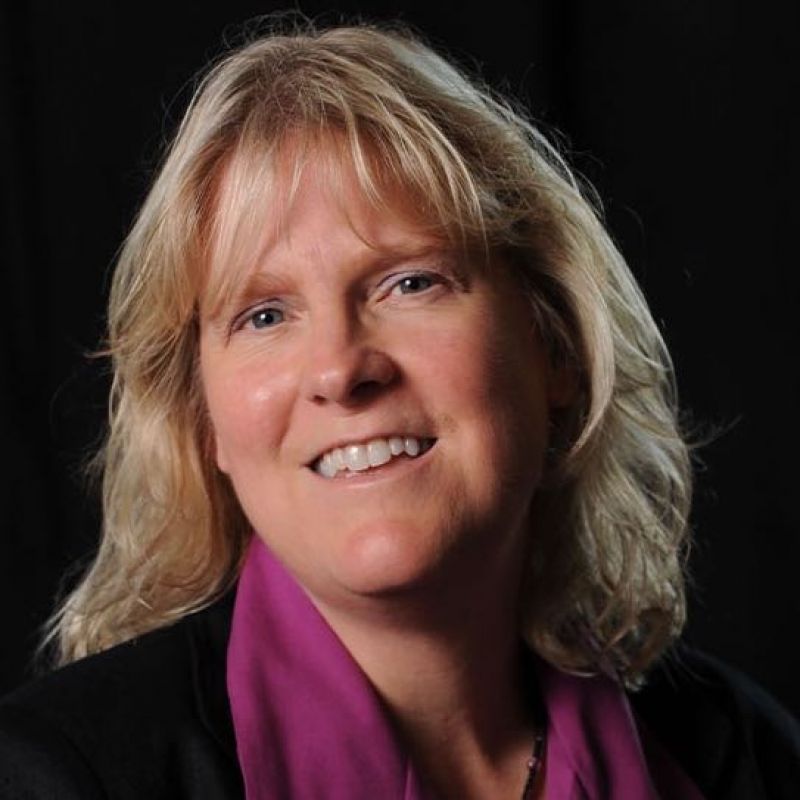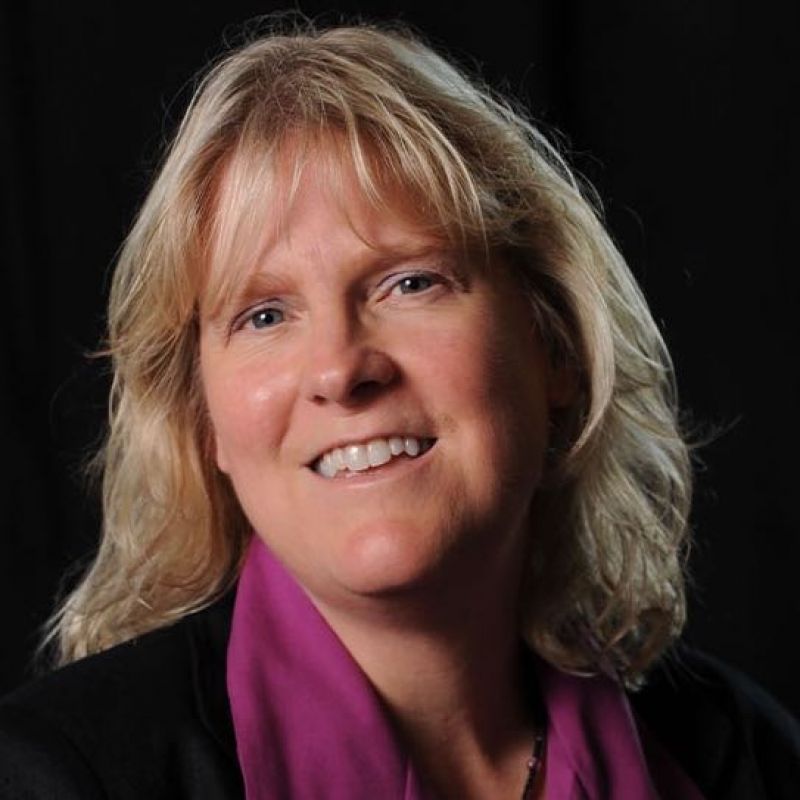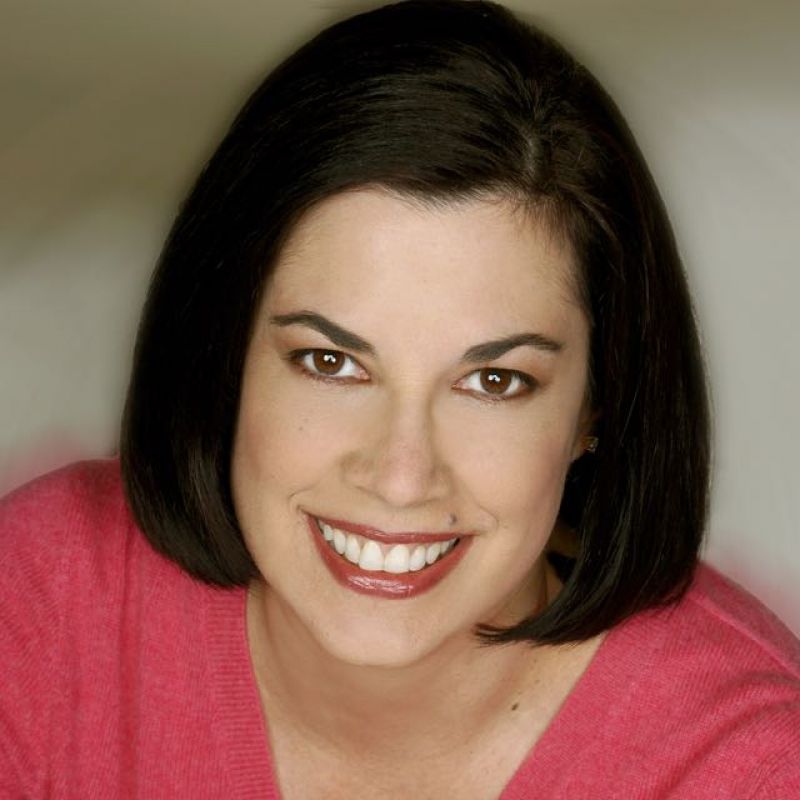From Our Blog

Poet. Journal writer. Image-maker. These are just a few of the creative guises I slipped into as I embarked on an inward journey in search of my newest set of fictional characters.
What I hungered to discover was what is truthful and powerful in my own world view. Once I unearthed that profound truth, I wanted to know how best I could weave it into a story through memorable characters.
With thi…

Many novelists are discovering the rewards of writing for games, whether game-ifying their own concepts or as staff or freelance writers for established gaming properties. In 2022, an estimated 3.2 billion people worldwide played games, and the average age of a gamer is 31. Led by video games and mobile gaming, the gaming industry aims for total earnings around $300 billion for this fiscal year…

Finding the exact origins of the fantasy genre can be as elusive as defining its boundaries in today’s marketplace.
While it was once an add-on to the realms of science fiction and horror, the popularity of fantasy fiction, with all its variations, continues to grow. Oprahdaily.com touted 2022 as a “spectacular year for fantasy fiction.” A January 2023 Publishers Weekly article noted that adult…

With a title like Rest: Why You Get More Done When You Work Less, how could I not be intrigued? This book by Alex Soojung-Kim Pang explores how counterproductive overwork is, how we think about rest and how we should think about it.
What is rest? When you hear the word “rest,” what comes to mind? A nap? Eight hours of sleep a night? A nice vacation? All of those are indeed rest, but according t…

Cozy mysteries have been popular since the days of Agatha Christie. Readers enjoy these stories that are a subgenre of the traditional mystery. Detective stories, police procedurals, and courtroom dramas also fall under the mystery umbrella. In a traditional mystery, there’s a murder that must be solved. Missing persons or theft are other possibilities, as long as they present a puzzle for read…

We’ve all heard the widely accepted advice given to authors who want to succeed in today’s crowded fiction space: write a series, stick to popular genres and sub-genres, and target a wide audience. This all make perfect sense and has yielded enviable levels of success for many authors. But sometimes going for the widely popular just isn’t the path for us, and deciding to go a niche route is a v…
